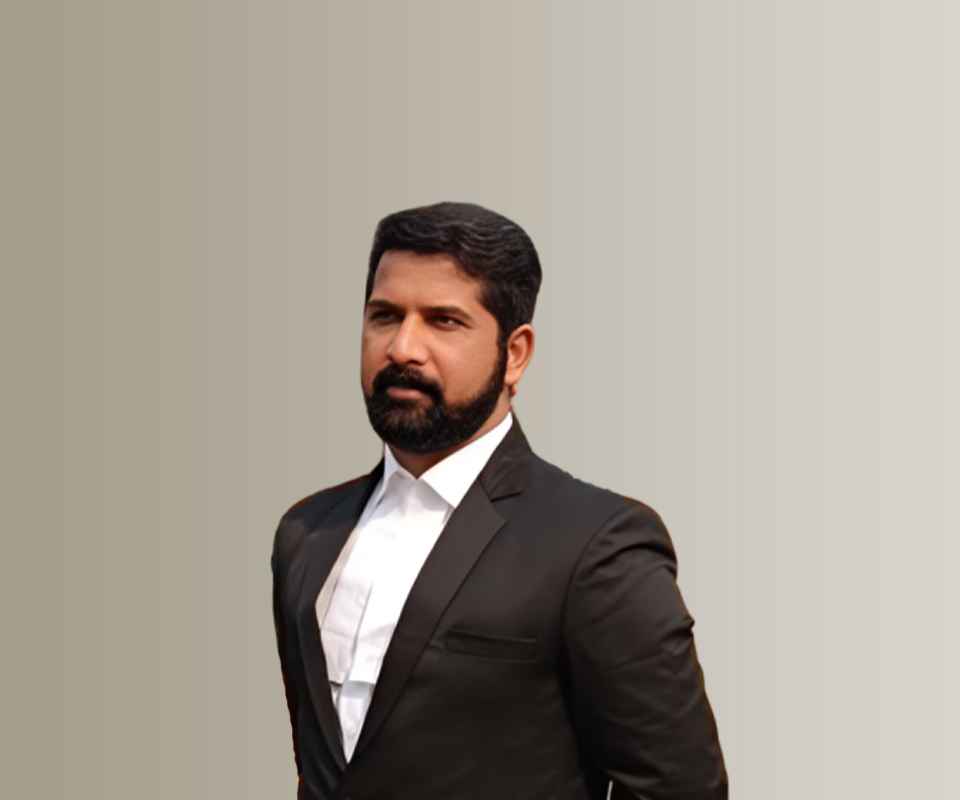Answer By law4u team
Generally, the collection and processing of personal data require the consent of the individual to uphold privacy rights. However, governments often have statutory powers to collect personal data without explicit consent under specific conditions—primarily when it concerns public interest, national security, law enforcement, or compliance with legal obligations. Such collection is typically regulated by laws that impose strict safeguards to prevent misuse and protect individual privacy.
Can Government Collect Personal Data Without Consent?
Legal Basis and Exceptions:
Many data protection frameworks, including India’s Digital Personal Data Protection Act and international standards like the GDPR, recognize exceptions where governments can process personal data without consent. These exceptions include:
- For the prevention, investigation, detection, or prosecution of criminal offenses.
- For the protection of public health or safety.
- For national security and defense purposes.
- To fulfill legal obligations or public functions, such as issuing identity documents or welfare benefits.
Public Interest and Statutory Authorization:
Data collection without consent must be backed by clear legal provisions or statutes that define the scope and purpose of data usage. The processing must serve legitimate public interests and not be arbitrary or excessive.
Safeguards and Oversight:
- Data collected without consent is subject to strict limitations on usage, retention, and sharing.
- Governments must ensure data security and confidentiality.
- Independent oversight bodies or data protection authorities monitor compliance to prevent abuse.
- Individuals have the right to seek remedies if data is mishandled.
Proportionality and Necessity:
The government’s data collection must be necessary and proportionate to the purpose. Collecting excessive or irrelevant personal data without consent may violate privacy rights and be legally challenged.
Transparency and Accountability:
Even when consent is not required, governments are expected to maintain transparency about data collection policies and be accountable for protecting citizens’ privacy.
Example
Scenario:
During a public health emergency, the government collects citizens’ health data and contact information for contact tracing and containment measures.
Steps:
- The government collects data without individual consent based on statutory authority and public health necessity.
- It uses the data solely for managing the emergency and does not share it with unauthorized entities.
- Data is secured using encryption and access controls to prevent leaks.
- Once the emergency subsides, the government deletes or anonymizes the data to protect privacy.
- Oversight agencies monitor the data handling to ensure compliance with privacy laws.
This example illustrates how governments can collect personal data without consent responsibly and within legal limits when public interest demands it.







